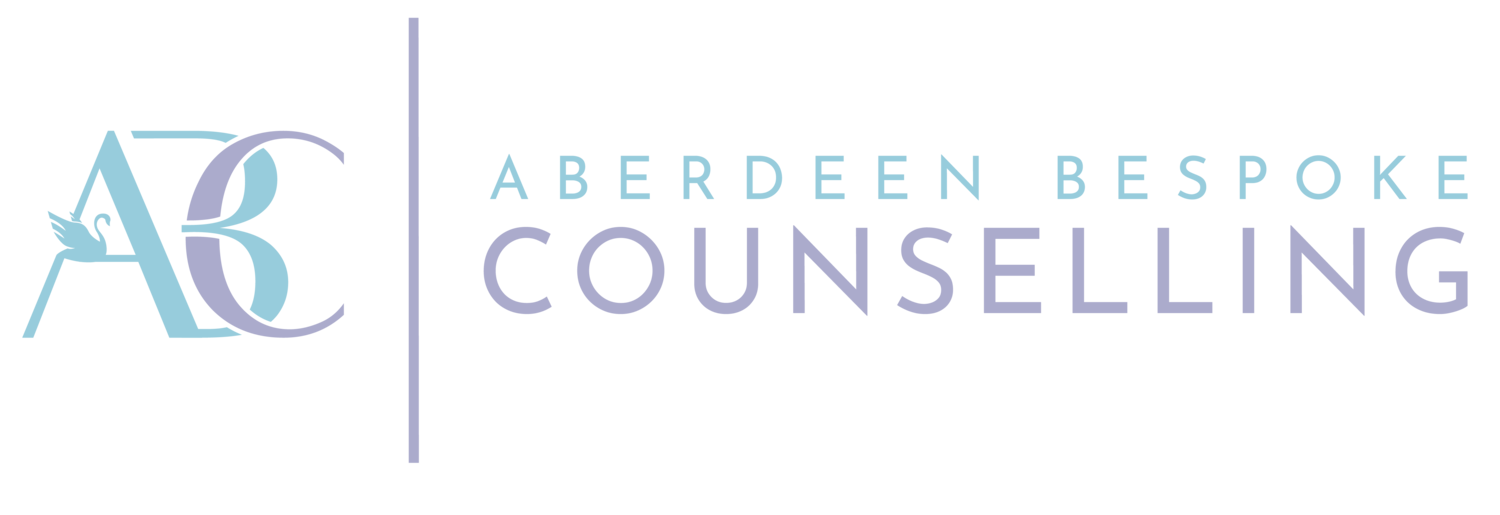Giving your internal personas a voice
I have just read a thought-provoking article by Gill Frost on childhood trauma and dissociative identity disorder (DID). She is a counsellor of 35 years.
For those who are not familiar with DID it is about having different aspects of your identity which can impact on your behaviour and thoughts at different times. The different identities can come across as different ages or genders. They can have certain patterns of thinking and may have memories or experiences that conflict with each other. You may even experience some amnesia when different parts of you are in control. Dissociative identity disorder also used to be called 'multiple personality disorder'. It is most importantly, not a personality disorder. It is, simply put, a survival strategy to cope with extreme childhood trauma.
As Gill points out we all have different parts of ourselves if you think about it. You might be self-centred or judgemental in some areas of your life, but more generous and playful in another areas. The difficult part is to get to know and respect all these different facets of ourselves, even those parts we aren’t fond of. We also might have younger parts in us that come out if triggered by a painful memory or by being in a state of distress, fear or anger. Gill believes, even those of us who have grown up in a safe, stable and loving home can have experienced some sort of childhood trauma. It could be because a family member or someone prevalent in your life has treated you cruelly or uncaringly and you subsequently experienced anguish, anxiety or neglect.
As a counsellor its important I try to understand and respect my different parts in order for me to be a genuine and helpful counsellor. I imagine it will also give me a small insight into what it might be like to have DID, its different facets and how to pay attention to a client’s different parts.
Children who experience trauma at the hands of their main carer often keep the trauma to themselves and it is secret they can hold for a very long time. “In order to survive, these young ones need to cut themselves off from the trauma by means of dissociation. In later years these traumatised parts, who hold the dreadful memories and emotions attached to them, come out of hiding and make themselves known”. So, it is incredibly important if a client comes to counselling and is ready to share this secret and begin their healing, that a counsellor is open to listening and hearing that cry for help.
Gill powerfully describes one of her clients “couldn’t hold onto her terror any longer. She needed to talk about the dreadful things that had happened to her and how scared she felt about them. She desperately needed someone to hear her story and know about her distress, as well as believe and accept her for who she really was.”
Sadly, there is not a great deal of training on DID in mainstream counselling courses but I sought out one of Carolyn Springs Dissociation online courses which was hugely informative. It provided me with a good understanding of DID, what it’s like to be dissociative, the different types of dissociation (depersonalisation and derealisation) and how to help someone with DID. Carolyn describes it on one occasion as “freeze response is to the body what dissociation is to the mind”. I have experienced the freeze (of flight, fight or freeze response) and it’s scary not to be in control of your body and then afterwards hugely frustrating that that was your response in that situation. So, I can only imagine how scary it might be to have that response in your mind.
Because of a lack of training in the health service DID is often undiagnosed or very concerningly misdiagnosed. Symptoms of DID can hugely vary but those who are not treated or seek the support they need can often experience suicidal feelings or a need to self-harm. Accordingly, to this article “between 250000 and two million people have DID in the UK”. There is definitely a need for training In DID to be reviewed with counsellors and the medical profession.
If you feel you are experiencing a form of DID as described in this blog, then some specific counselling this article recommends is either Emotional Freedom Techniques (EFT) or Advanced Integrative Therapy (AIT).
If you feel like therapy would help you, telling your story and having a genuine empathic and supportive counsellor, please do reach out to Aberdeen Bespoke Counselling. I have worked with clients who have experienced various types of dissociation and have completed in depth training on this disorder. There will be ups and downs in the sessions, there isn’t a magic wand but I will be there for you and I will support you. I will provide a safe and trusting environment and want to you to tell me if I get it wrong. I aim to build an honest relationship with my clients and want them to be able to say or approach any topic they wish without fear of judgement.
I hope this blog has expanded your knowledge a little about DID and if you, or anyone you know, recognises this may be something they can relate to, I encourage you to reach out for the support you deserve.

